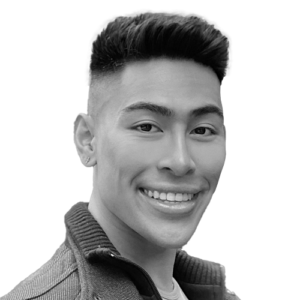National Poll Finds Overwhelming Support Among Black Teachers & Parents for ESAs
Support from 79% of Black teachers and 70% of Black parents point to post-pandemic era in favor of school choice.
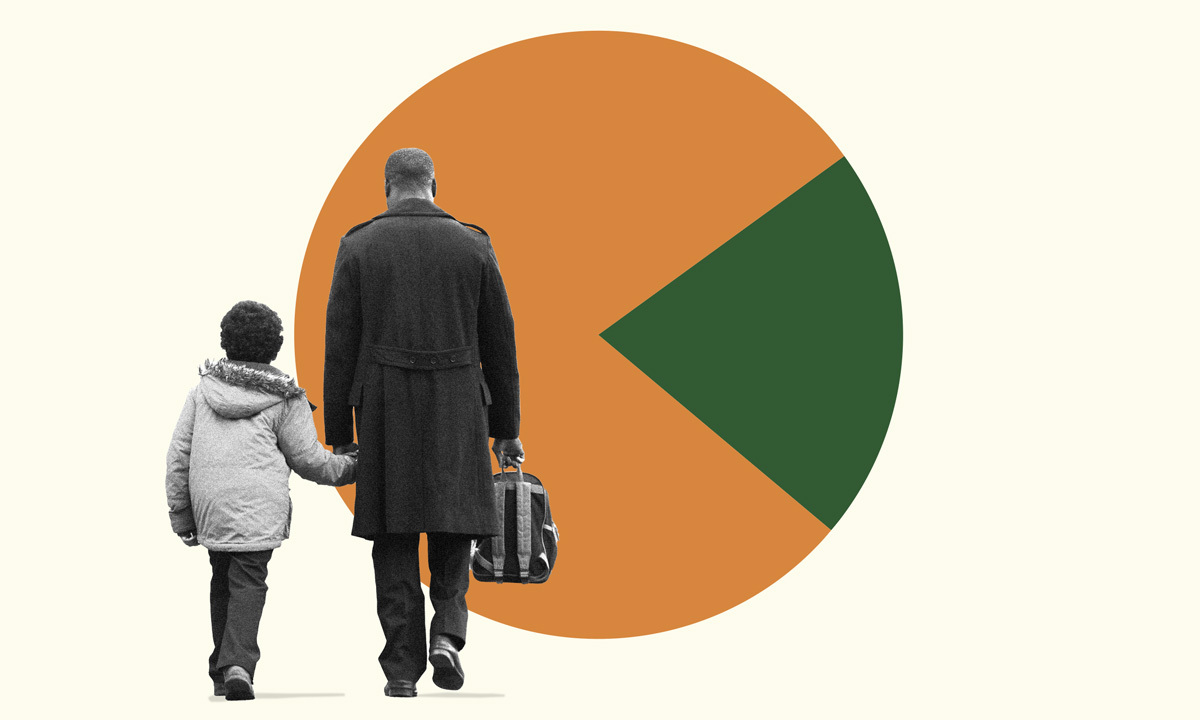
Get stories like these delivered straight to your inbox. Sign up for The 74 Newsletter
As parents become increasingly frustrated over pandemic learning loss, their desire for education savings accounts, or ESAs, has boomed — gaining overwhelming support from not only Black parents but also Black teachers, according to a new poll by YouGov.
The poll released by Yes. Every Kid. gathered respondents’ views on ESAs, a program giving families access to state education funds to pay for approved services, such as private school tuition, instructional materials and tutoring.
From the 634 parents interviewed, 59.7% support ESAs, with 14.6% opposed and 25.7% undecided.
Similar splits were seen among parents along party lines, with 67.5% of Democrats, 61.3% of Republicans and 55.3% of Independents in favor of ESAs.
But ESAs are certainly controversial, with supporters, often Republicans, backing the program’s boon for family empowerment; and opponents, often Democrats, arguing how the program undermines public education.
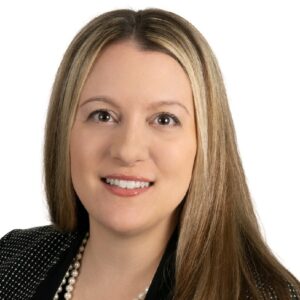
“The momentum we are seeing, not just with the public but with parents, educators and those who are in some way touching education in America right now is very much inspiring,” said Erica Jedynak, chief operating officer of Yes. Every Kid.
According to the YouGov poll, support for ESAs is decisive among Black parents, with 70.3% in favor of the program. By comparison, 59.1% of white parents and 50.8% of Hispanic parents support ESAs.
The pattern is similar among teachers: From the 313 teachers interviewed, 58.8% support ESAs in contrast to 14.7% that oppose and 26.5% that are undecided.
Among Black teachers, however, 78.9% favor ESAs. By comparison, 56.2% of white teachers and 60.7% of Hispanic teachers favor the program.
ESAs also have broad support from teachers across the political spectrum, with 58.2% of Democrats, 63.8% of Republicans and 54% of Independents in favor.
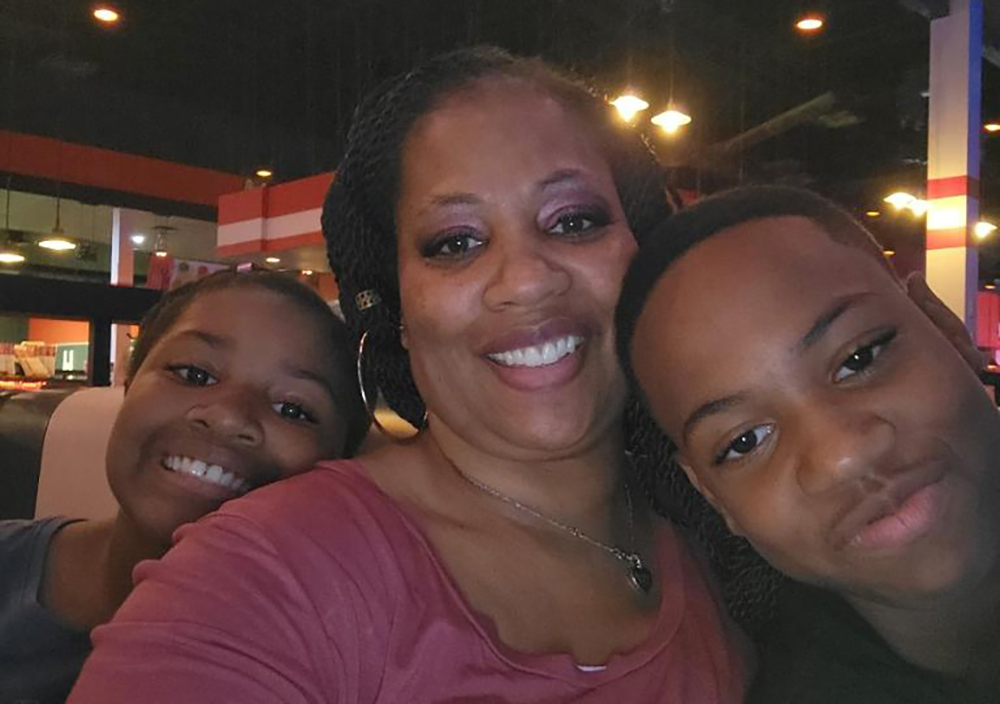
Sadira Davis, a Black parent in Phoenix, Arizona, said that this comes to no surprise because public schools in Black communities are often considered incapable of providing a quality education.
“My daughter Eden was diagnosed with autism at four…and when I transferred her to a public school kindergarten it was honestly devastating,” Davis told The 74.
Davis said the staff at her public school were ill-equipped to manage students with special needs. In one particularly painful memory, Davis recalled her daughter was tied down as she rode the school bus.
“It was a traumatizing experience…they had her harnessed and she had this face that looked like an animal chained to the bus,” Davis said. “At that point I needed something different for my kid.”
Davis’ daughter is now a 6th grade student at AZ Aspire Academy, a special education school, which Davis enrolled her by using funds from Arizona’s ESA program, the Empowerment Scholarship Program.
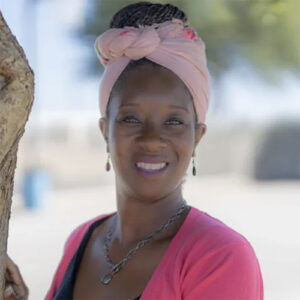
Black children are often the ones who “fall through the cracks in public school systems,” said Tiffany Dudley, a former charter elementary school teacher in Phoenix, Arizona.
As the student development coach for Black Mothers Forum, Dudley said that ESAs give Black parents the choice to have their child taught by teachers who have “walked a mile in their shoes.”
“Parents can’t necessarily demand their teacher give directions to their child in a different way, but they do have the choice to take them to another school that will better serve them,” Dudley said.
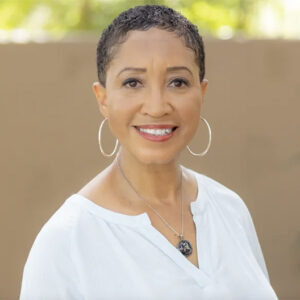
Janelle Wood, founder and chief executive officer of Black Mothers Forum, is shocked by the overwhelming support among Black teachers for ESAs, as they are often perceived as devoted supporters of public schools.
“I always scratch my head because oftentimes they’re the ones that get overlooked for promotions and retaliated against when they speak up on some of the injustices they see,” Wood told The 74.
ESAs offer Black teachers the opportunity to work in settings they may have never been exposed to, such as private schools, microschools and learning pods.
“Many of our educators feel limited in what they can teach and how they can go about administering the different educational models they learned when they went to school,” Wood said. “This gives them that flexibility and freedom, so I’m really pleased to hear their support.”
Disclosure: Yes. Every Kid. operates as part of the wider Stand Together Trust network. Stand Together Trust provides financial support to The 74.
Get stories like these delivered straight to your inbox. Sign up for The 74 Newsletter

;)
